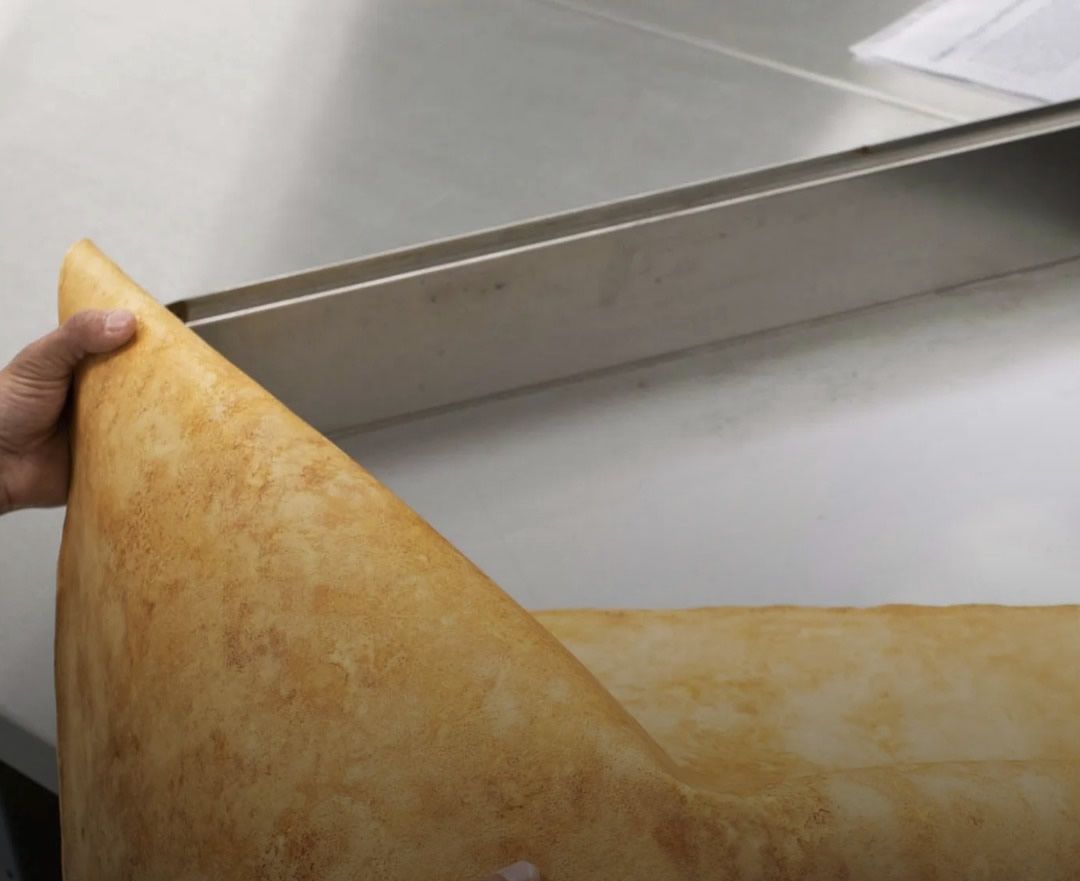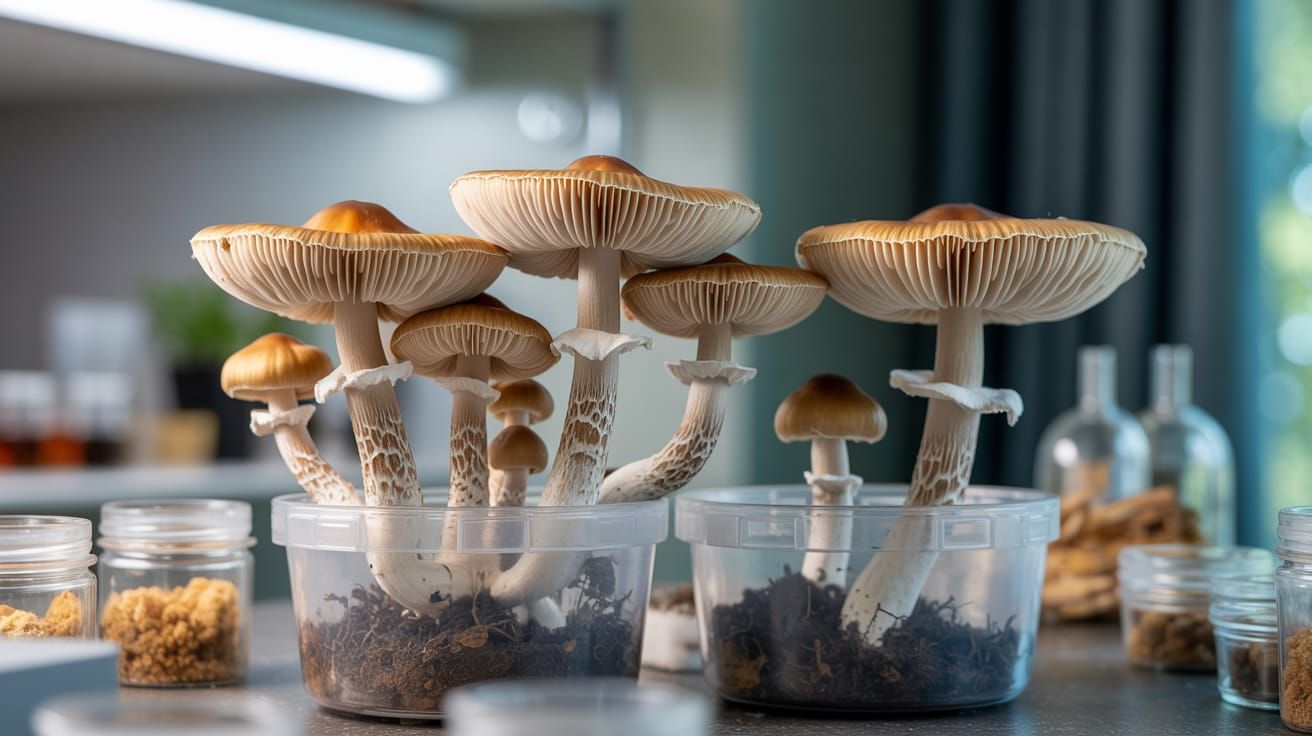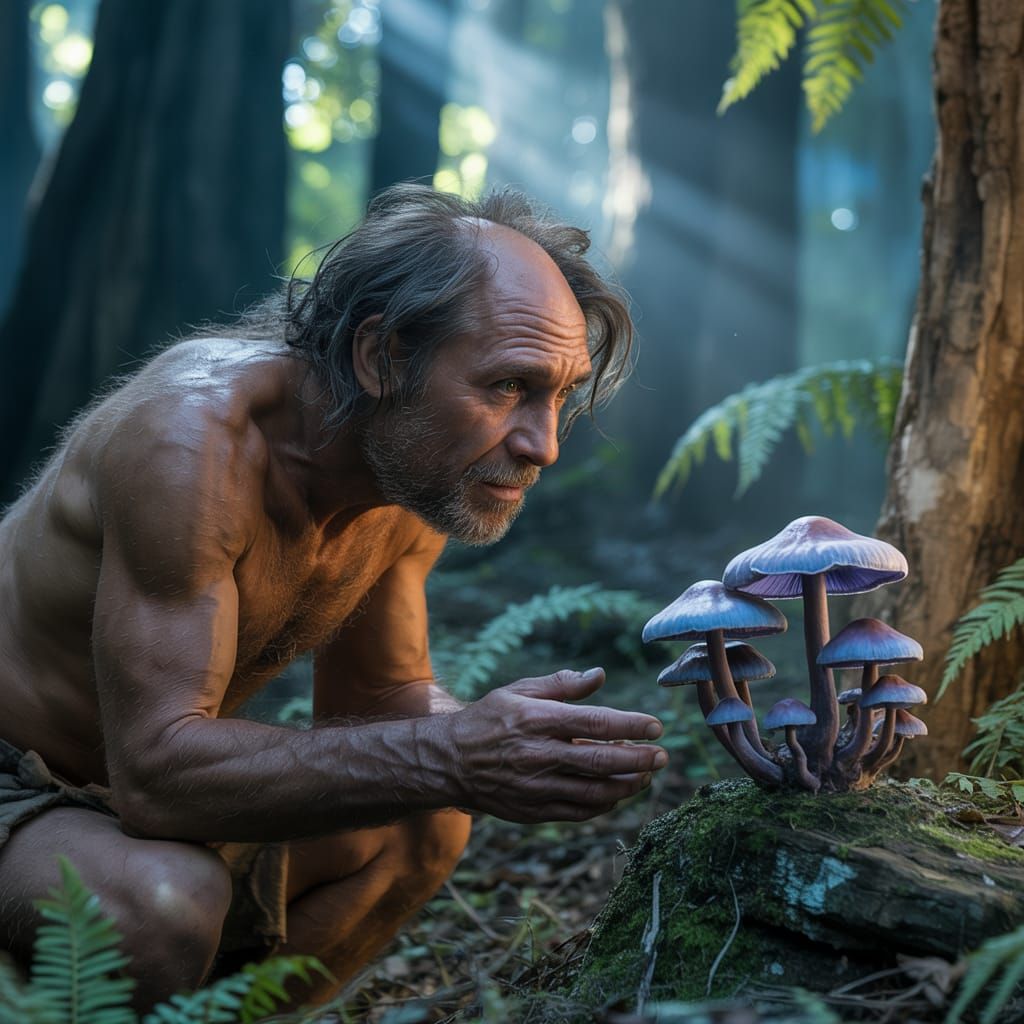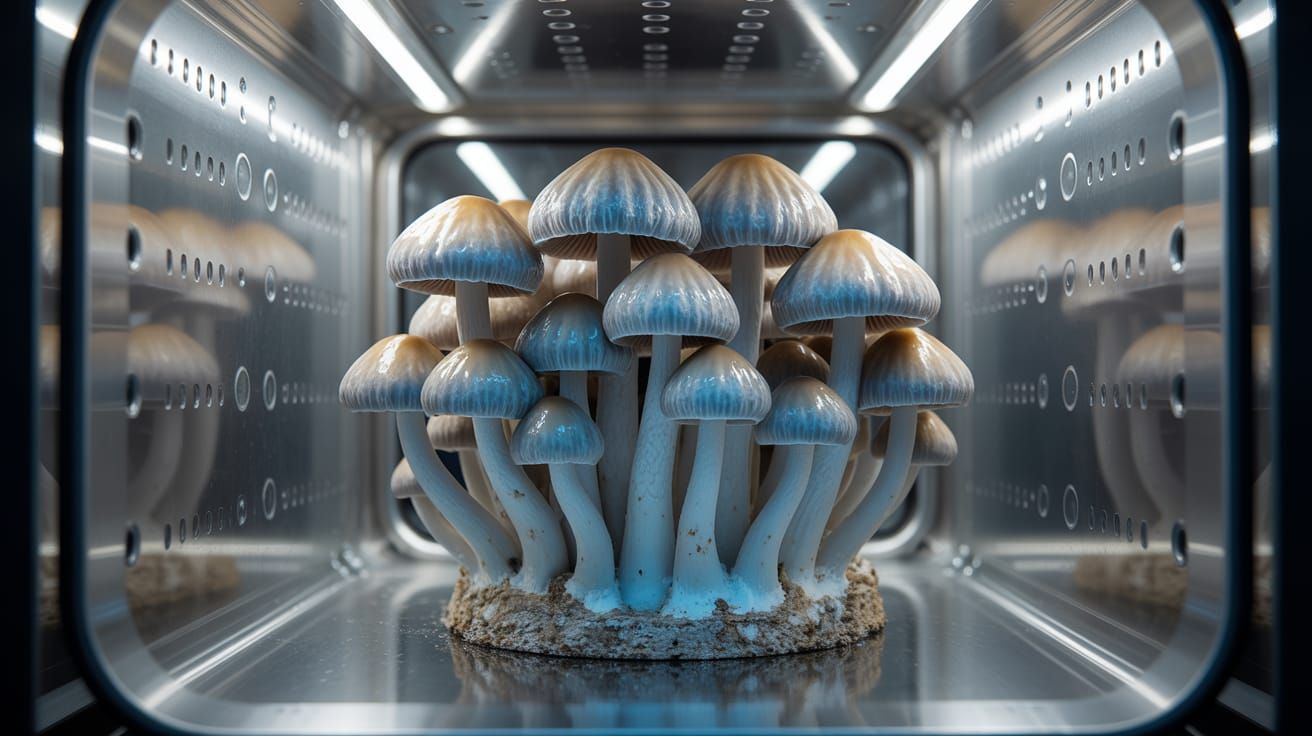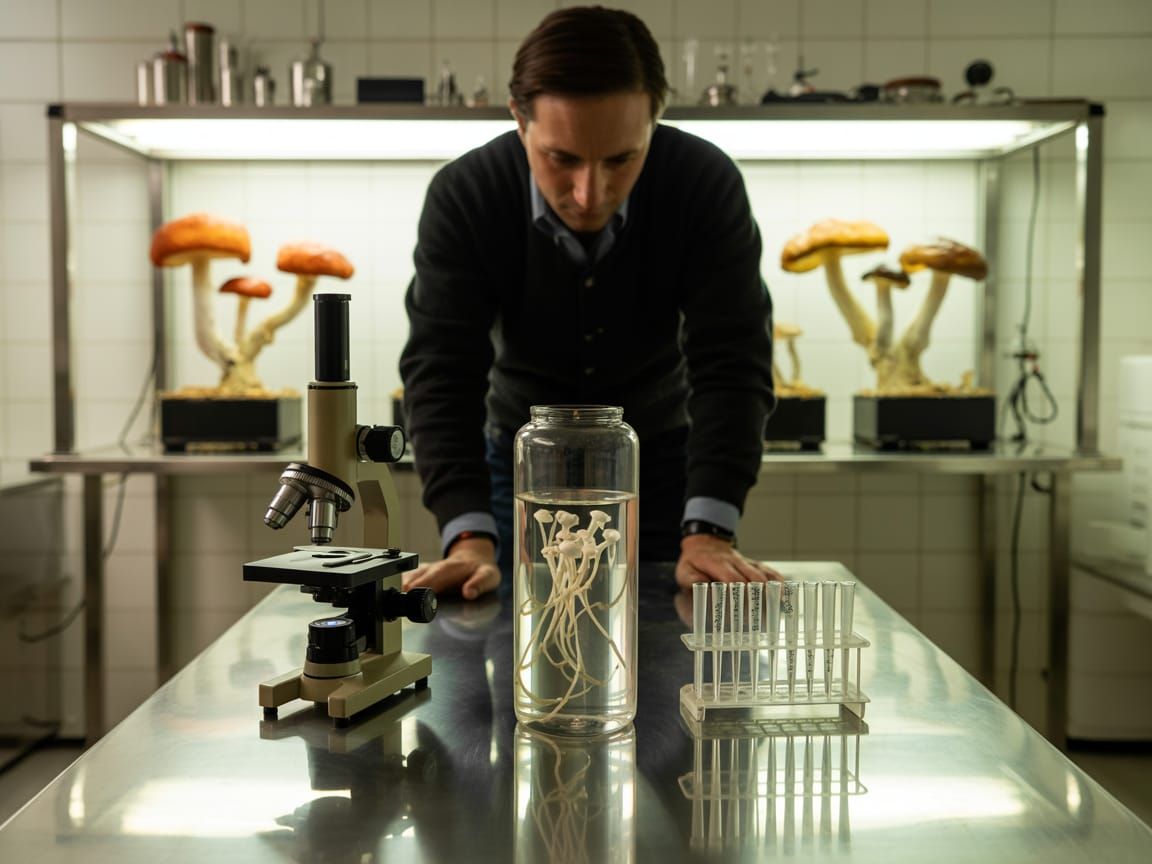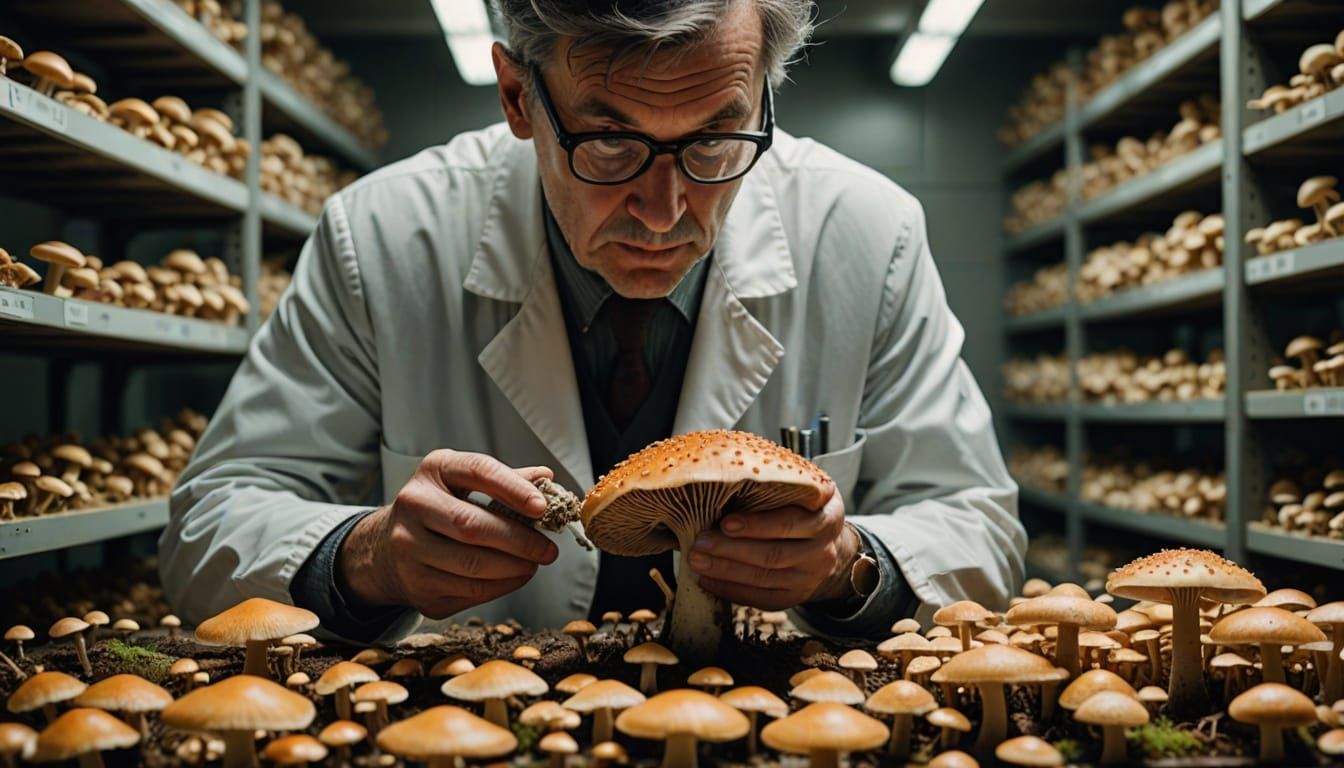The Evolutionary Secret of Fungi (and Why It Matters for Your Mycology Hobby)
The Fungus Among Us is a Genius
Ever wonder why some mushrooms are just… different? We've all heard about the mystical side, but the true story is even wilder—and it's pure science. Turns out, the genius of nature is more clever than we thought, and it has some big implications for us mycology enthusiasts.
A recent study confirmed something incredible: two completely different families of fungi, the famous Psilocybe and the lesser-known Inocybe, both independently developed the ability to produce psilocybin. This is a classic case of convergent evolution, where nature finds the same solution to a problem twice. For us, this isn't just a cool fact; it's a window into the biological machinery that creates these amazing compounds.
For the aspiring home mycologist, this discovery is a game-changer. It gives us a deeper appreciation for the unique genetics and chemical pathways of different species. Think about all the work that goes into preparing isolated cultures from a print. You're not just growing a fungus; you're working with a living organism that has perfected its chemistry over millions of years.
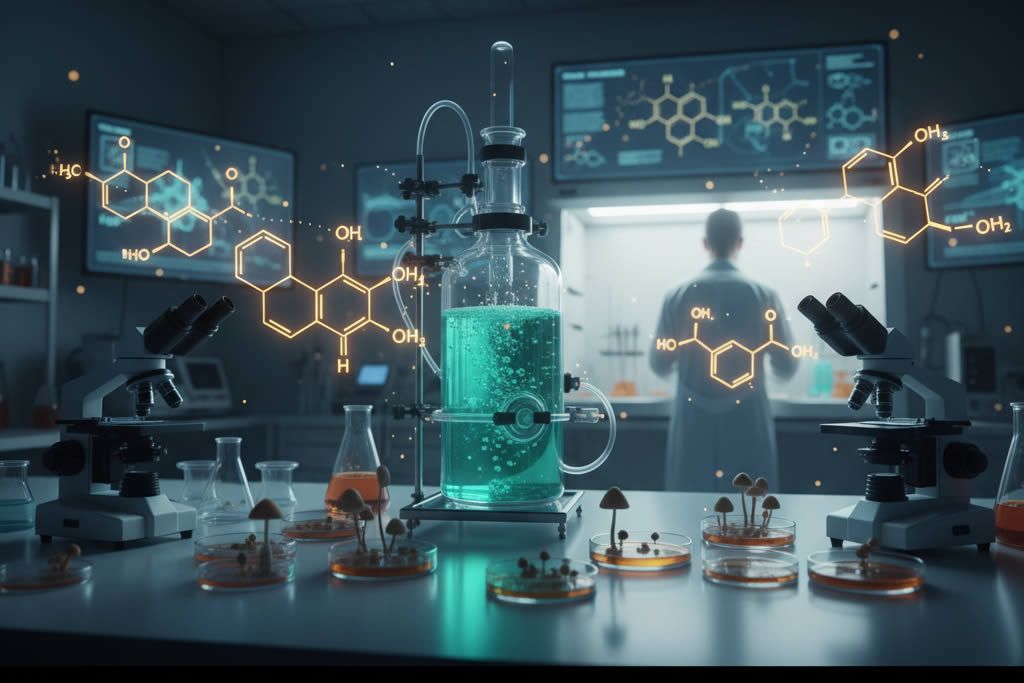
The next time you’re preparing a spore syringe (link to spore syringe product page), you can appreciate the tiny, microscopic spores (link to spores product page) inside, which contain all the genetic information needed to produce these complex molecules. This is the very foundation of the hobby, and the science behind it is just as fascinating as the results.
What’s even more exciting is the medical potential. Psilocybin is being researched as a powerful treatment for depression, and now, with this new discovery, scientists have a second "recipe" for producing it. This could lead to better and more efficient methods for creating these compounds in a lab setting, which ultimately benefits the entire field of mycology (link to mycology supplies product page).
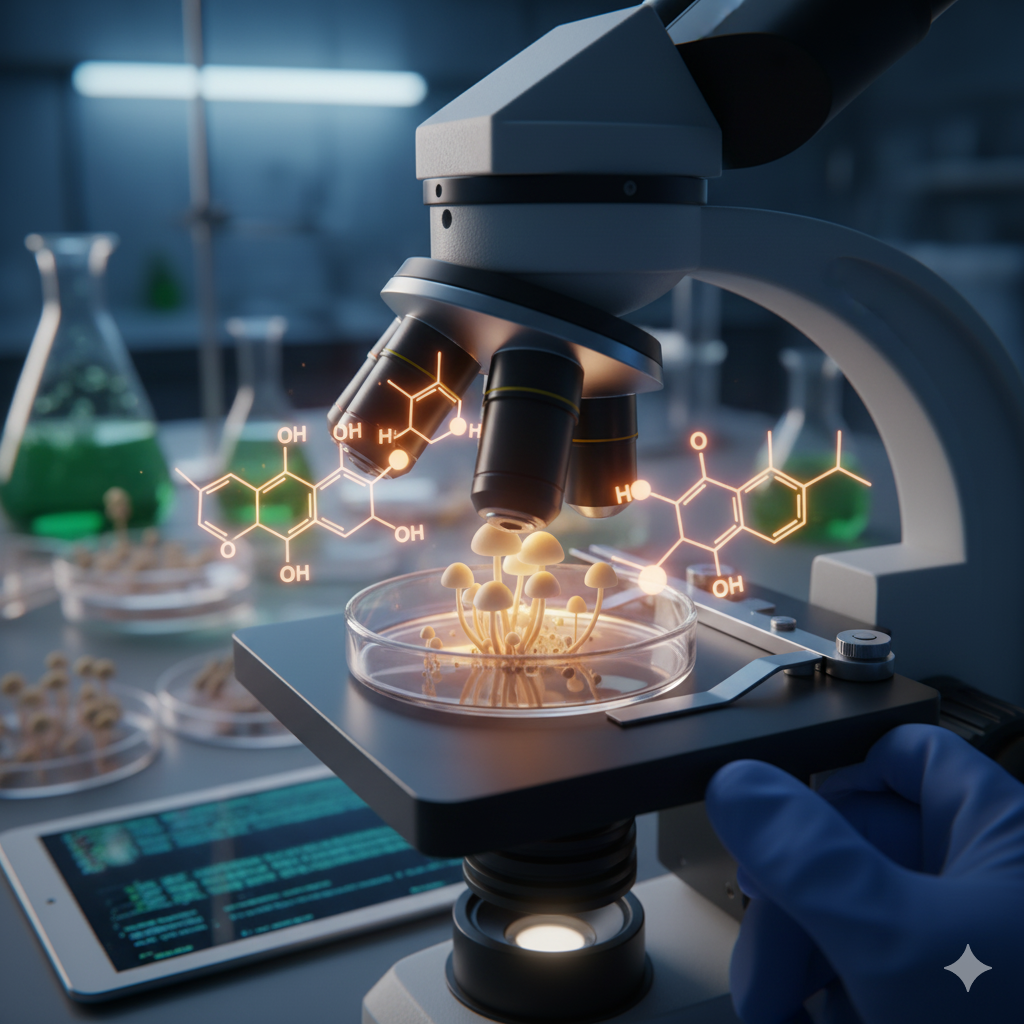
So, whether you're working with your first spore syringe, starting a new isolated cultures (link to isolated cultures product page), or just learning about the science of fungi, remember that you’re part of a world that is far more brilliant and mysterious than it first appears. It all starts with those little spores.



